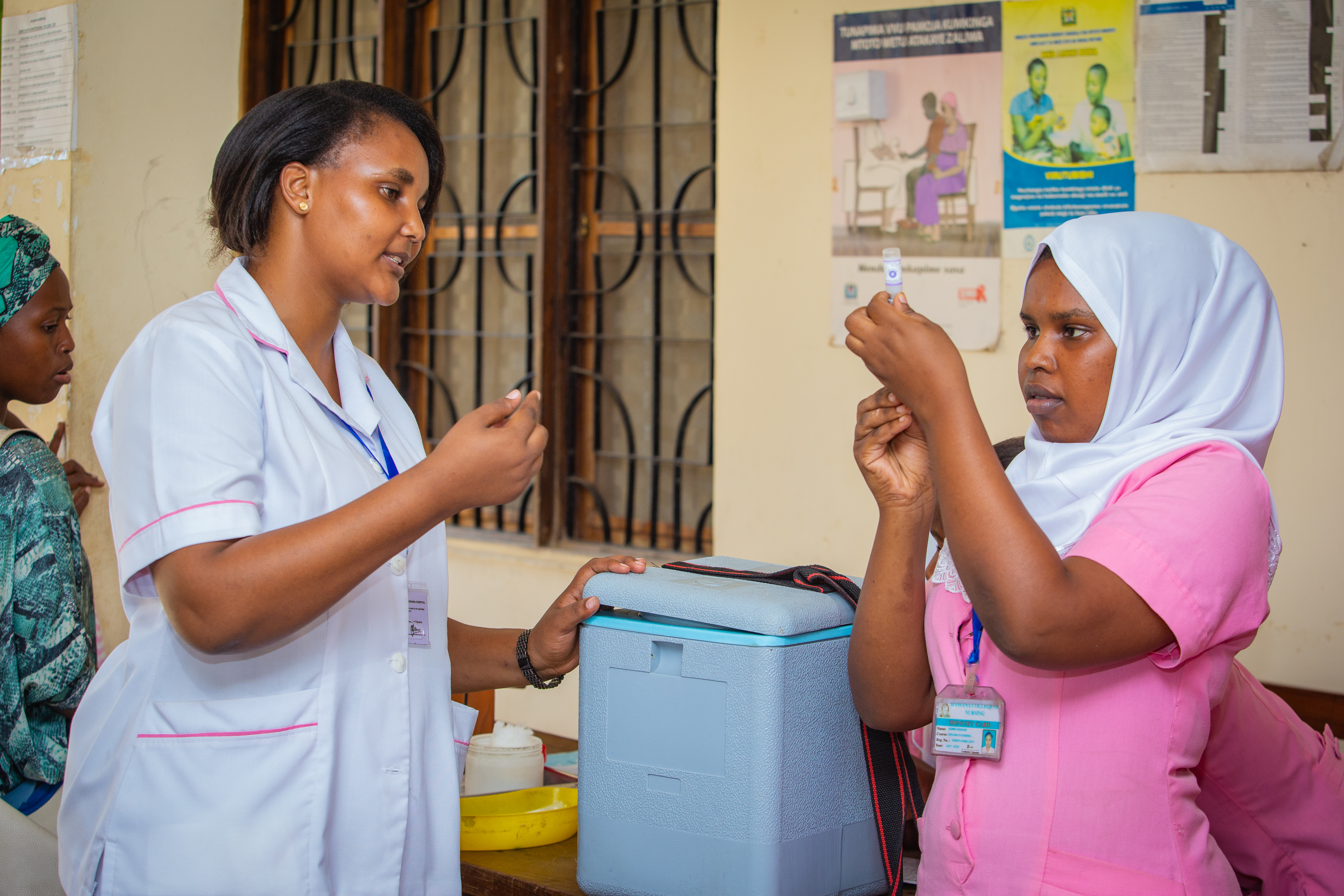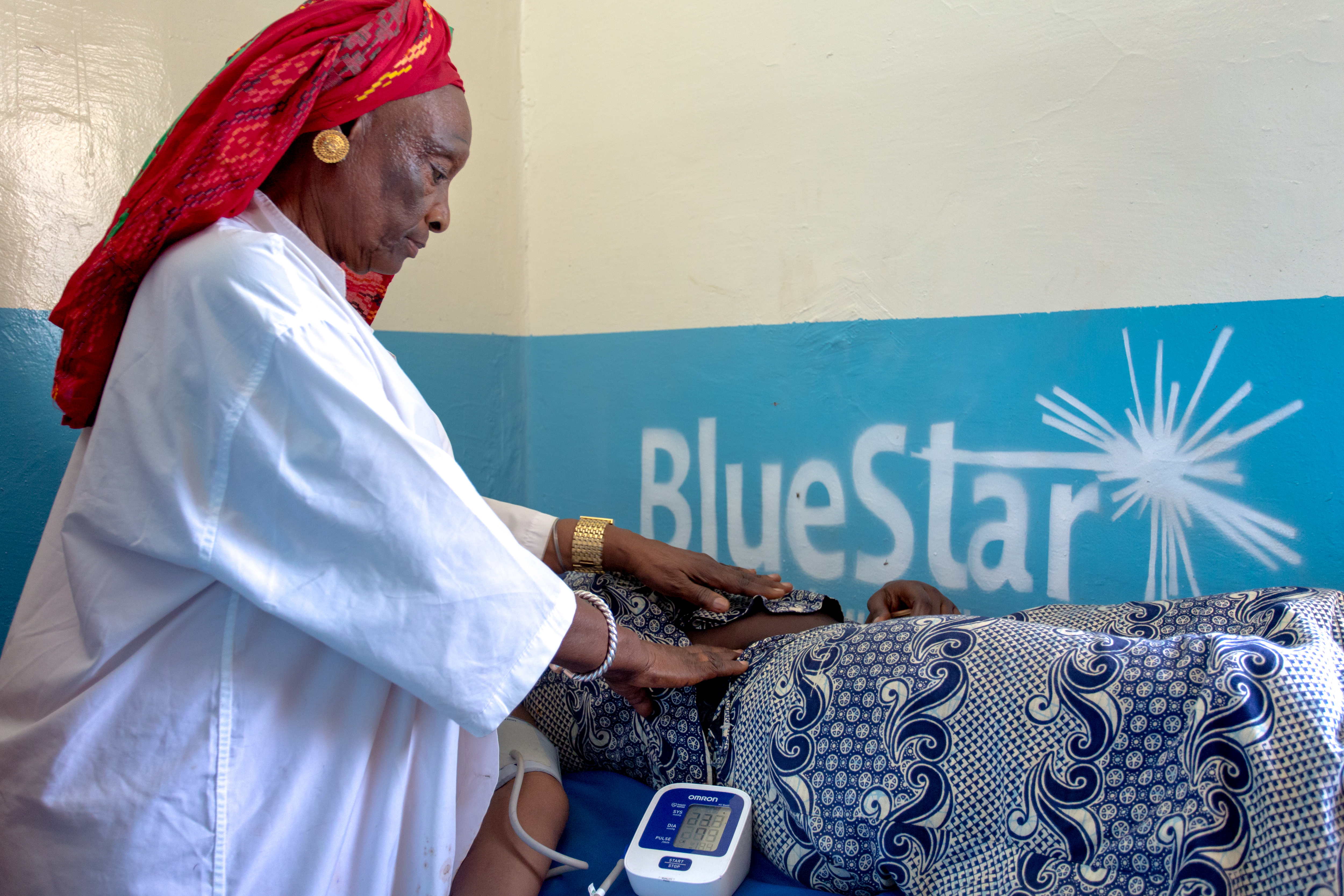World Health Worker Week: Improving the Quality of Care
For World Health Worker Week, we share our experience improving the skills and practices of private health care workers in Tanzania, Senegal, Madagascar, and around the globe. These country examples are featured in a new brief, Accelerating Private Sector Engagement: Quality of Care.
Private providers are often excluded from government policies, processes, and planning that focus on quality of care. This prevents them from accessing continuing medical education opportunities and government- or donor-led trainings. Staff at private facilities do not often receive feedback from the public sector or other external oversight bodies on the quality of their services through supportive supervision or other engagement.
Addressing gaps in pre-service education in Tanzania

Private medical training institutes in Tanzania produce the majority of staff in private facilities, but their students have limited opportunities to obtain clinical experience. The project worked closely with local public and private stakeholders to design a pilot focused on increasing the practical clinical skills of nursing and midwifery students from private institutes. Medical practitioners guided 90 students through aspects of patient care related to family planning, integrated HIV care, antenatal care, and primary health care. The partnerships established between public and private partners led to important policy changes. Read more.
Strengthening the practice environment in Senegal

To ensure private providers in Senegal used government policies, standards, and protocols in their practices more regularly, SHOPS Plus worked with USAID, the Senegal Ministry of Health and Social Action, IntraHealth’s Neema project, and Senegal’s Private Sector Alliance to adapt a quality improvement methodology and apply it to the private sector. The adapted methodology involves a pre-assessment of a facility, personalized coaching for facility supervisors, and post-assessments to evaluate improvements and identify needs for further coaching. The interaction between the coaches and facilities helped providers better adhere to the policies, standards, and protocols. Read more.
Building business skills in Madagascar
Access to finance and weak business management skills are significant barriers to quality improvement among private providers in Madagascar—an issue that providers in other countries face as well. SHOPS Plus provided technical assistance in business management to help private health facility leaders better manage their practices, purchase equipment, apply for loans, and promote a work culture that prioritizes quality. The project partnered with AccèsBanque and local health care suppliers to develop lending products for private clinics. With support from the Development Finance Corporation’s Development Credit Authority Guarantee, clinics accessed low-collateral, low-risk loans that enabled them to invest in their practices. Read more.
Learn more about our work in provider quality.